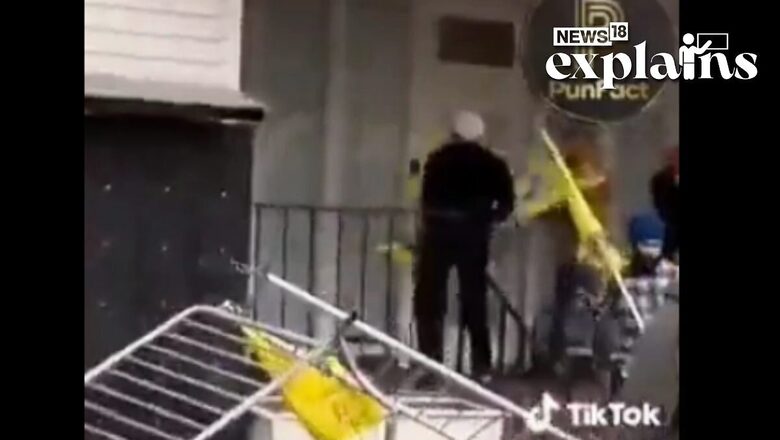
views
The US on Tuesday condemned as “absolutely unacceptable” the attack on the Indian Consulate in San Francisco by some pro-Khalistan elements during a protest, and said it is committed to the safety and security of diplomatic facilities and the diplomats who work within them.
Raising pro-Khalistan slogans, the protesters on Sunday broke open the makeshift security barriers raised by the city police and installed two so-called Khalistan flags inside the Consulate premises. Two consulate personnel soon removed these flags. Soon thereafter, a group of angry protesters entered the Consulate premises and started hitting the door and windows with iron rods.
The Many Recent Khalistani Incidents
A group of pro-Khalistan protesters on Sunday made an attempt to set on fire India’s consulate in San Francisco, with senior Indian diplomats informing their American counterparts that they anticipate more such protests by anti-national elements in the coming weeks.
The incident is reported to have taken place around 4.20 am on Sunday, a portion of which was captured on the consulate’s CCTV.
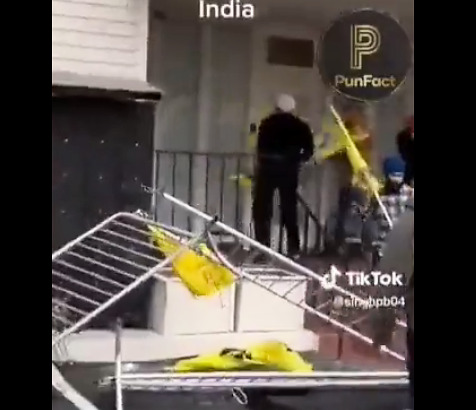
It is believed that two bearded men wearing a cap, who remain unidentified so far, poured flammable material at the entrance of the Indian mission in San Francisco and tried to put the building on flame, sources told PTI.
The attack in San Francisco came only hours after a gang of pro-Khalistani activists stormed the Indian High Commission in the United Kingdom and disrespected the Indian National Flag.
#WATCH | United Kingdom: Khalistani elements attempt to pull down the Indian flag but the flag was rescued by Indian security personnel at the High Commission of India, London.(Source: MATV, London)
(Note: Abusive language at the end) pic.twitter.com/QP30v6q2G0
— ANI (@ANI) March 19, 2023
Popular footage of the March 19 event show a man climbing the Indian embassy building in London and attempting to pull down the Indian Tricolor, while others stood nearby waving the Khalistan flag. While causing damage to public property, the miscreants were heard yelling pro-Khalistani slogans.
Due to the threat posed by Khalistani radicals, Australia closed down an Indian embassy last week. The consulate, located near Swann Road in Brisbane’s Taringa district, had to close due to a blockage by Khalistani radicals, as per a Firstpost report.
Before India’s Republic Day in January 2021, Khalistan extremists vandalised the Indian embassy in Rome. Khalistani flags were erected in the building, and “Khalistan Zindabad” slogans were scrawled on the walls.
A violent group of Khalistani separatists desecrated a statue of Mahatma Gandhi outside the Indian consulate in the United States in December 2020. Hundreds of Sikhs from the Greater Washington DC area, Maryland, and Virginia drove to the Indian embassy in downtown Washington DC, carrying Khalistani flags and anti-India posters and banners, the report states.
Now, the spate in Khalistani attacks abroad come in the wake of the Punjab police’s operation against Khalistan supporter Amritpal Singh and his outfit Waris Punjab De. The elusive ‘preacher’, however, had given police the slip and escaped their dragnet when his cavalcade was intercepted in Jalandhar district.
How Have Foreign Govts Reacted?
Foreign governments are quick to condemn the incidents of violence and disrespect often carried out by Khalistani elements, while taking police action, whenever required. However, there is a call for increased action and scrutiny against such groups abroad.
In the aftermath of Khalistani supporters vandalising the Indian High Commission in London, British Conservative MP Bob Blackman declared on Monday that the vast majority of Sikhs in the UK “totally reject” the Khalistani movement. He also requested that the police effectively deal with the separatist elements.
“This is a very small, ultra-small segment of the Sikh population. The Khalistani project is completely opposed by the vast majority of Sikhs in this country… As we all know, it’s not going to happen… “My message to the police is pretty simple: when this happens, those people need to be apprehended and dealt with correctly,” Blackman was quoted as saying by ANI.
'Sikhs being targeted because people think they are #Khalistanis is the worst possible thing' says Lord Bob Blackman (Conservative MP) @AnchorAnandN | #TheRightStand #Khalistan #AmritpalSingh #IndianEmbassy pic.twitter.com/3ReebNA6tN— News18 (@CNNnews18) March 20, 2023
And US officials have also condemned the incident. “That vandalism, it’s just absolutely unacceptable,” John Kirby, National Security Council Coordinator for strategic communications at the White House, told reporters on Monday at a daily news conference, strongly condemning the incident.
“The State Department’s diplomatic security service is working with local authorities. I can’t speak for the San Francisco police, but I can say that the diplomatic security service is working with local authorities to properly investigate and obviously, the State Department is going to be working from an infrastructure perspective to repair the damage, but it’s unacceptable,” Kirby said in response to a question.
US National Security Advisor Jake Sullivan also condemned the acts of violence against the Indian Consulate in San Francisco that have outraged Indian Americans and people in India.
#BreakingNews | We certainly condemn that vandalism, it's absolutely unacceptable: US NSC spox John Kirby on vandalisation at Consulate General of India, #SanFrancisco@abhishekjha157 shares details with @anjalipandey06 #Khalistan pic.twitter.com/Knl6ULVsyr— News18 (@CNNnews18) March 21, 2023
About ‘Khalistan’ Movement
The Khalistan movement is a Sikh separatist movement that seeks to establish a sovereign state in the Punjab region called Khalistan (‘Land of the Khalsa’), according to reports.
The proposed state would be made up of land that currently forms Punjab, India and Punjab, Pakistan, with Lahore as its capital, and would be located in the past geographical region of Punjab, where the Khalsa Empire was once established.
Since the separatist movement gained traction in the 1980s, Khalistan’s territorial ambitions have included Chandigarh, sections of Indian Punjab, including the entirety of North India, and some parts of western India. You can read more about the movement’s history HERE.
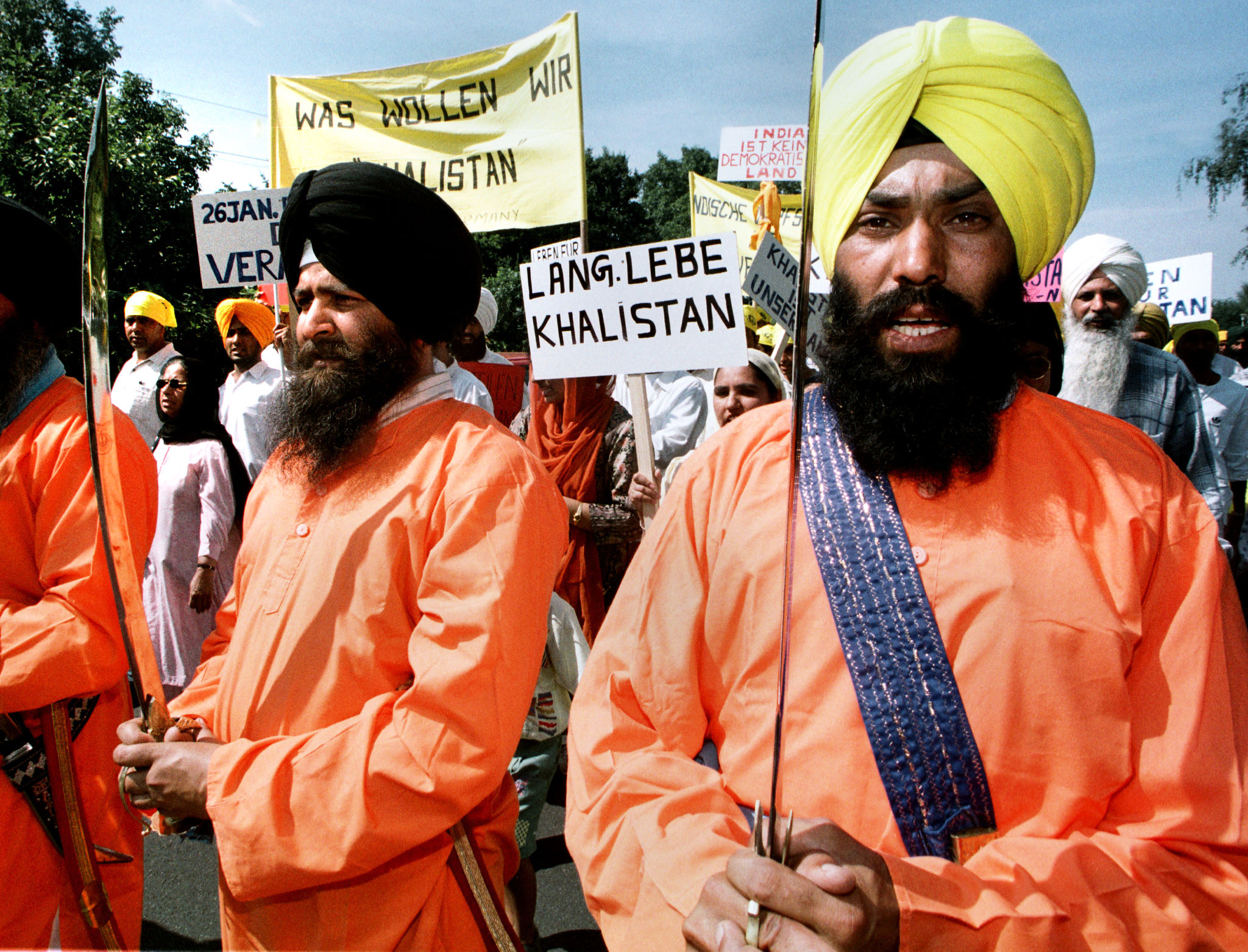
The concept of an independent Sikh state was prominent in the lengthy negotiations that preceded the partition of Punjab in 1947. For a decade in the 1970s and 1980s, a violent secessionist movement to create Khalistan paralysed the Punjab. And it reached its pinnacle in the late 1990s, after which the insurgency petered out and the movement failed to achieve its goal for a variety of reasons, including a heavy police crackdown on separatists, factional infighting, and disillusionment.
There is some support within India and among the Sikh diaspora, with annual protests in memory of those killed during Operation Blue Star.
Police in Punjab arrested several militant groups in early 2018. Former Punjab Chief Minister Amarinder Singh claimed that recent extremism is being supported by Pakistan’s Inter-Services Intelligence (ISI) and “Khalistani sympathisers” in Canada, Italy, and the United Kingdom.
Key Organisations, Members Related to the Khalistani Movement
The Union Home Ministry in 2020 had identified nine people as terrorists under the terms of the Unlawful Activities (Prevention) Act for ‘driving the Khalistan movement in Punjab.’
– Wadhawa Singh Babbar is the Pakistan-based terrorist organization ‘Babbar Khalsa International‘s leader.
– Lakhbir Singh is the leader of the terrorist organisation ‘International Sikh Youth Federation,’ which is based in Pakistan.
– Ranjeet Singh is the Pakistan-based leader of the terrorist group ‘Khalistan Zindabad Force.
Home Ministry declares 9 persons incl. Wadhawa Singh Babbar, a key leader of Babbar Khalsa Intnl, Lakhbir Singh, Pak-based Chief of terrorist org Intnl Sikh Youth Federation &Ranjeet Singh of 'Khalistan Zindabad Force, as designated terrorists under UAPA Act 1967 pic.twitter.com/QAvx8vLxQl— ANI (@ANI) July 1, 2020
– Chief of the terrorist organisation “Khalistan Commando Force,” based in Pakistan, is Paramjit Singh.
– Bhupinder Singh Bhinda is a major member of the terrorist organisation ‘Khalistan Zindabad Force’ stationed in Germany.
– Gurmeet Singh Bagga is a major member of the terrorist organisation ‘Khalistan Zindabad Force’ stationed in Germany.
– Gurpatwant Singh Pannun is a key member of the illegal organisation “Sikh for Justice” operating in the United States.
– Hardeep Singh Nijjar is the commander of the ‘Khalistan Tiger Force‘ stationed in Canada.
– ‘Babbar Khalsa International’ terrorist leader, Paramjit Singh, is headquartered in the United Kingdom.
Sikhs for Justice and Referendum 2020
The unofficial “referendum” is a voting exercise organised across several countries by the US-based Sikhs for Justice (SFJ) organisation, which was banned in India in 2019 for “espousing secessionism and militant activities”. The referendum seeks to forge an agreement among Sikh communities to establish Khalistan, a separate homeland within India. It is generally proposed that this be accomplished by carving out the Indian state of Punjab, the country’s only Sikh-majority state. The campaign group says it would then approach the UN and other international human rights bodies with the demand to re-establish “Punjab as a nation state”.
The SFJ was founded in 2007 and is led by Gurpatwant Singh Pannun, a Panjab University law graduate who works as an attorney in the United States, according to a report by the Independent. The group first announced in 2018 that it would hold an unofficial voting exercise, at the time dubbed “Referendum 2020″, across several countries with sizeable Sikh diasporas, with the aim to “liberate Punjab from Indian occupation”.
The SFJ was founded in 2007 and is led by Gurpatwant Singh Pannun, a Panjab University law graduate who works as an attorney in the United States, according to a report by the Independent.
Another ‘symbolic’ Voting referendum event by pro-Khalistan terrorist secessionist group Sikhs For Justice (SFJ) in #Brisbane . They have named Brisbane event as a ‘battlefield’ Despite India flagging off, Aus ain’t interested in pic.twitter.com/cWEZrXs55u… https://t.co/uJVVmokfmJ
— Siddhant Mishra (@siddhantvm) March 19, 2023
The group first announced in 2018 that it would hold an unofficial voting exercise, at the time dubbed “Referendum 2020″, across several countries with sizeable Sikh diasporas, with the aim to “liberate Punjab from Indian occupation”.
“The SFJ announced in its London Declaration [in August 2018] the first ever non-binding referendum among the global Sikh community on the question of secession from India and re-establishing Punjab as an independent country,” according to the SFJ website.
It stated that the referendum would be held in Punjab, as well as major cities in North America, Europe, Australia, New Zealand, Malaysia, the Philippines, Singapore, Kenya, and the Middle East.
According to Indian authorities in Punjab, SFJ and the “Referendum 2020″ campaign are being promoted and funded in Pakistan in order to destabilise India. As evidence, intelligence agencies in India have stated that the SFJ website shares its domain with a website based in Karachi.
With inputs from agencies
Read all the Latest Explainers here












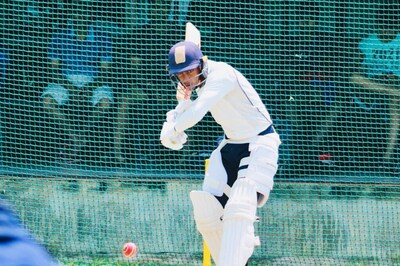




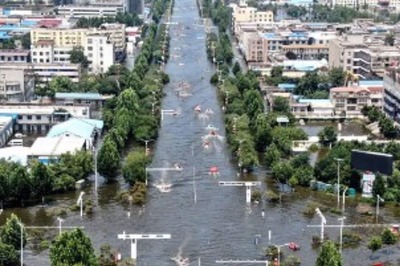
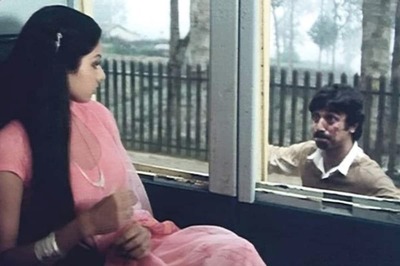
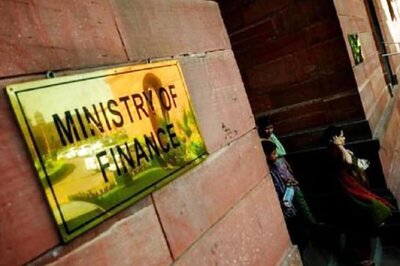
Comments
0 comment